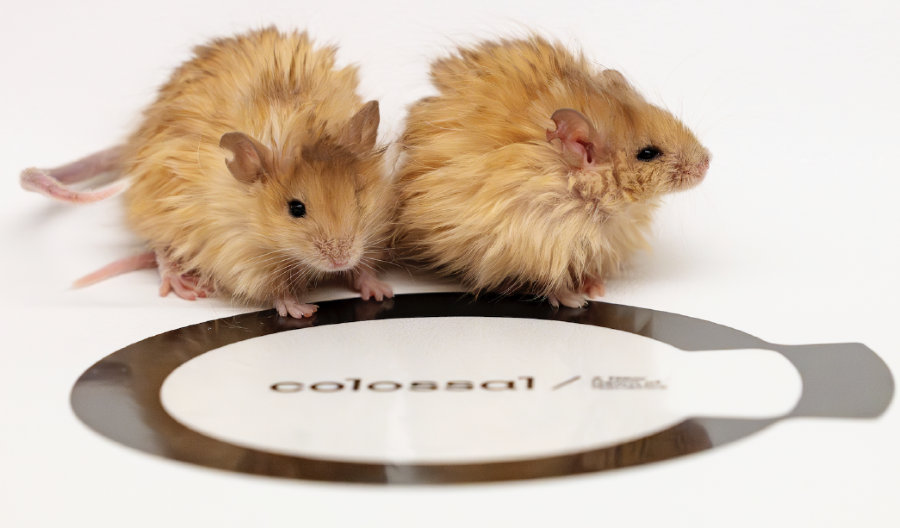Glaucoma: questions and answers about the ‘silent blindness’
Glaucoma is the leading cause of irreversible blindness worldwide and one of its potential risk factors is high myopia. Its early diagnosis is crucial, but also difficult due to the absence of symptoms. With the help of experts, we answer the main questions about this eye disease.









